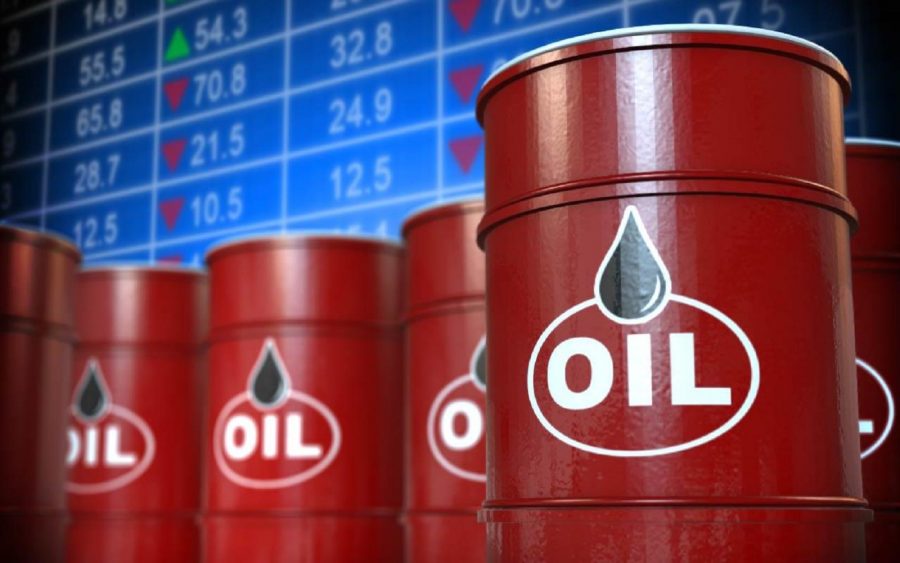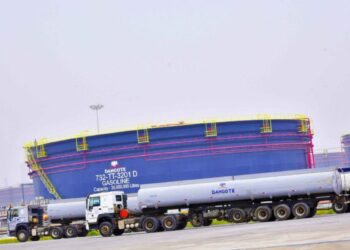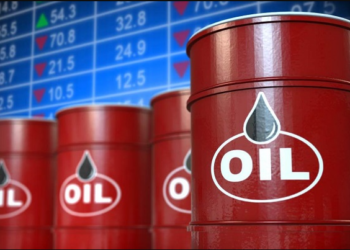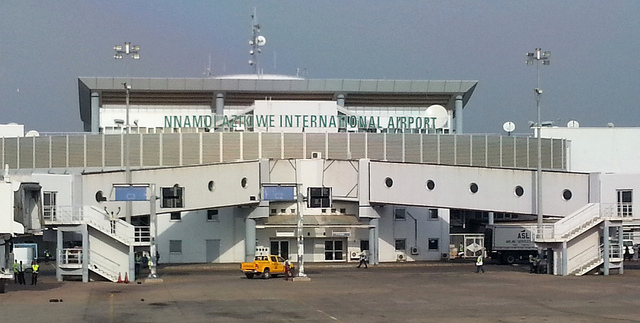Global oil prices on Friday hit $69.16 per barrel, as the United States killed top Iranian General, which may brew conflict in the oil rich Middle East nation.
Prices jumped nearly $3, as the US conducted an airstrike at the Baghdad Airport early on Friday, killing Major-General Qassem Soleimani, who was reportedly the architect of Iran’s spreading military influence in the Middle East.

The international oil benchmark, Brent crude, hit $69.16 per barrel, its highest since September 17, 2019, before easing to $68.81 per barrel as of 8:30 pm on Friday. Also, the US West Texas Intermediate rose by $2.03 to $63.21 per barrel, having initially increased to $63.84 a barrel, its highest since May 1, CNBC reported.
Meanwhile, with Iran’s Supreme Leader Ayatollah Ali Khamenei threatening severe retaliation against the perpetrators of the airstrike that killed his top general. The United States embassy in Baghdad, which witnessed security breaches following the attack has urged American citizens to depart Iraq immediately due to heightened tensions between US and Iran.
“We expect moderate to low-level clashes to last for at least a month and likely be confined to Iraq, Iran will also likely resume harassment of commercial shipping in the Gulf and may launch military exercises to temporarily disrupt shipping,” Eurasia’s Iran analyst, Henry Rome said.
[READ MORE: Crude oil and gas export hits $355.93 million, as pipeline vandalism increases)
What this means for Nigeria: Though analysts have stated that oil is no longer the biggest driver of foreign inflows in Nigeria, adding that in 2018, oil accounted for 26% of CBN USD inflows (Q119:23%) vs over 90% before 2015, the sad reality is that the country still depends majorly on oil revenue to fund governance and infrastructural development. This means Nigeria is still exposed to volatility in the global oil market.
Nigeria’s 2020 budget has a benchmark oil price of $57 and an output target of 2.18 million barrels per day. Increased tension between the US and Iran might potential continue to drive global oil prices up, meaning increased revenue for the Nigerian government to foster economic development and service its growing debt stock.




















